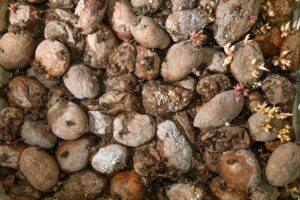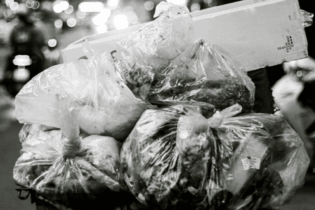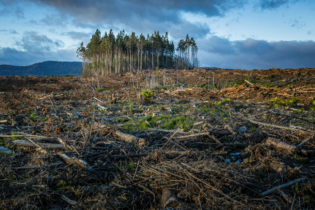An estimated 45% of South Africa’s total available food supply is being lost or wasted yearly, with the primary production stage of the food cycle on farms being a major contributor. Yet less than 40% of farmers measure how much food is wasted during the farming process.
This was one of the findings of a recent study conducted by The Behaviour Change Agency (BCA), a behavioural science research company from Cape Town. BCA was commissioned to do the research on behalf of WWF South Africa, the WWF Nedbank Green Trust and Food Forward. Although food waste occurs across all stages of the food supply chain, a study by the CSIR found that 34.3% of the total food waste in South Africa occurs at the primary production stage. Off the back of this, the recent study probed farmers’ awareness, attitudes and behaviours around food waste, including the value they place on reducing food waste, and what their food waste management practices are. Environmental factors were cited as one of the biggest contributors to food waste and loss. Unseasonal weather, destructive pests and diseases can damage entire crops at a time, leading to enormous wastage.Other significant factors were poor planning in the pre-harvest and production phase, incorrect use of pesticides and a lack of training.
South African farmers also face unique challenges that contribute to food waste and loss, such as disruption in cold chains due to loadshedding and damage to trucks and re-routing delays due to riots and unrest. Nevertheless, the study found that South African farmers were highly motivated with 100% of respondents saying they were motivated and eager to address food waste on their farms. This motivation stemmed from both a financial and a moral drive towards increasing food security. This means that, although farmers face numerous barriers when trying to implement food waste management strategies, they are up for the challenge. The next step for researchers is to devise behavioural change interventions that can be tested at farm level.






